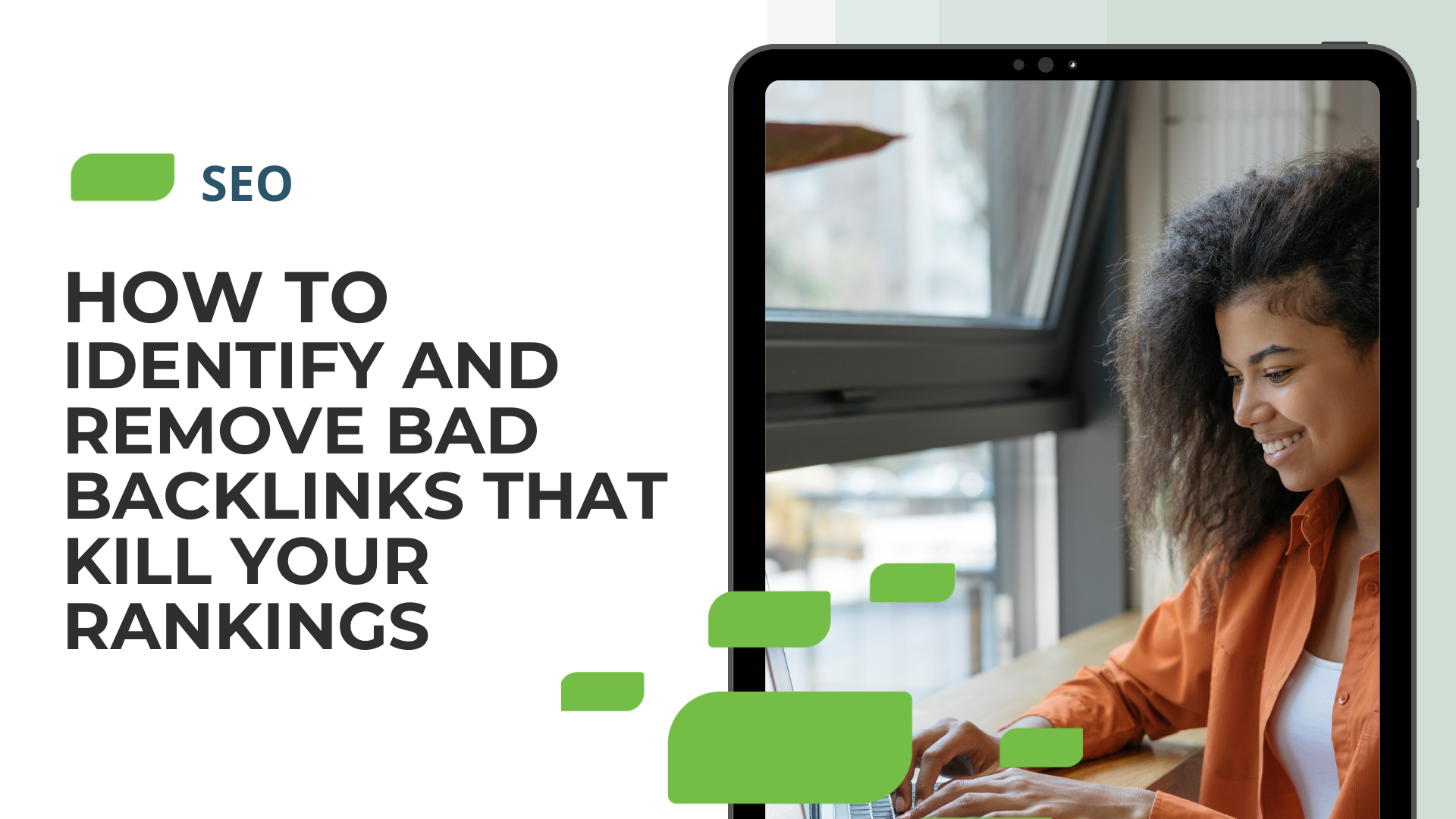How to Add Social Media Links to Your Google Business Profiles
How to Identify and Remove Bad Backlinks That Kill Your Rankings

How to Identify and Remove Bad Backlinks That Kill Your Rankings
Bad backlinks can mean big trouble for website publishers. Poor quality backlinks can ruin a website’s ranking, since they indicate to Google that a website may have low quality content. What should you do if the damage has already been done, and you’ve got dozens or more bad backlinks pointing to your website? The first step is to differentiate between good backlinks and bad backlinks. When we talk about bad backlinks, we’re usually referring to links coming from websites that are purely set up for SEO purposes, with low quality articles that were clearly designed for the purpose of linking to other websites. Bad backlinks also include links coming from the comments sections of other websites, links with over-optimized anchor texts, links with duplicate texts, and links coming from foreign websites. Other examples of unnatural links, or bad links, are those that come from the following sources:- Link networks
- Blogrolls
- Forums
- Profile links and signatures
- Footer links
- Web and article directory links




